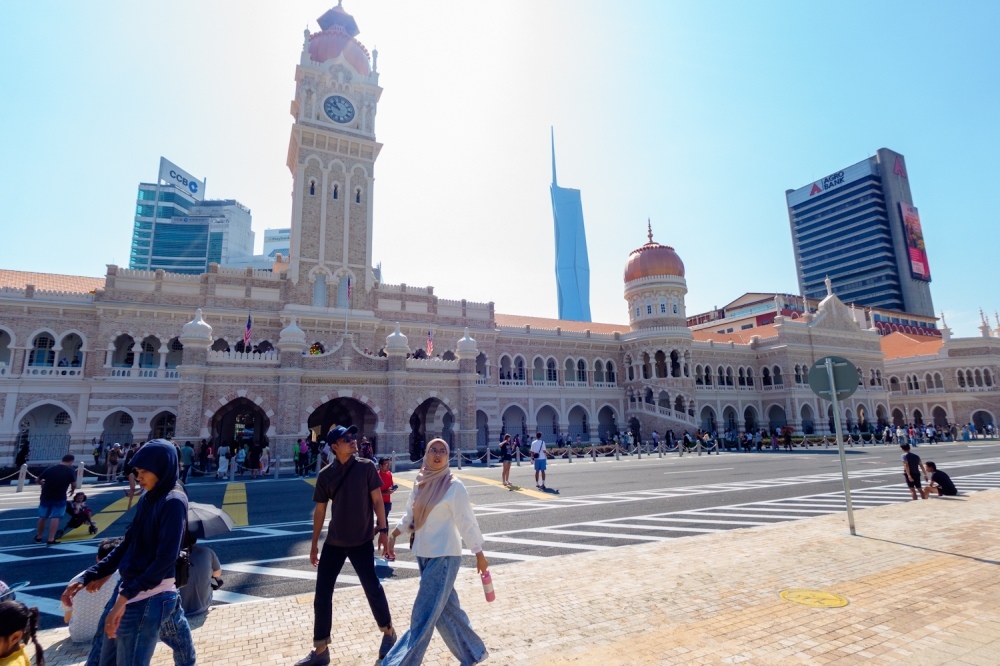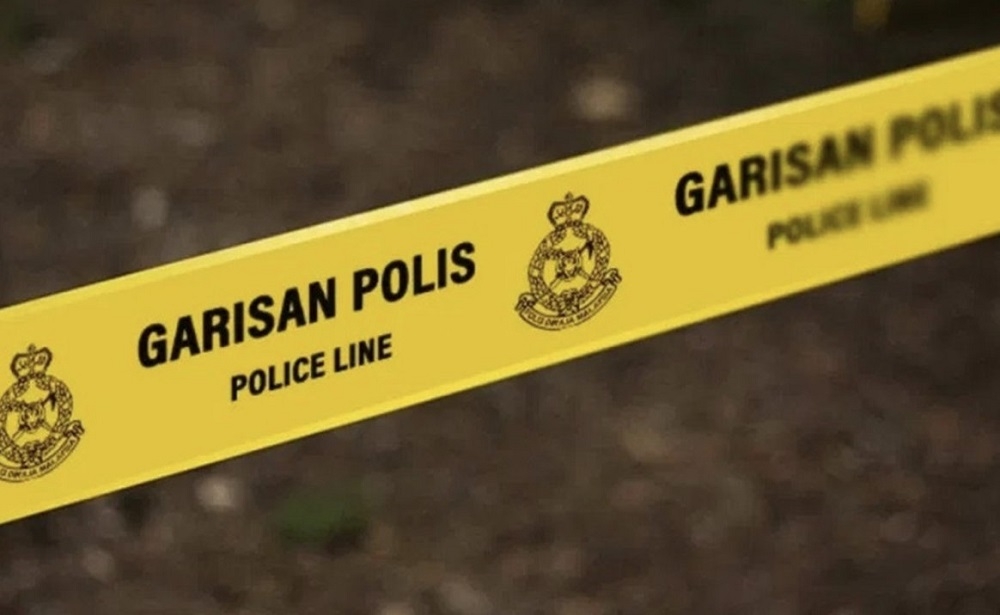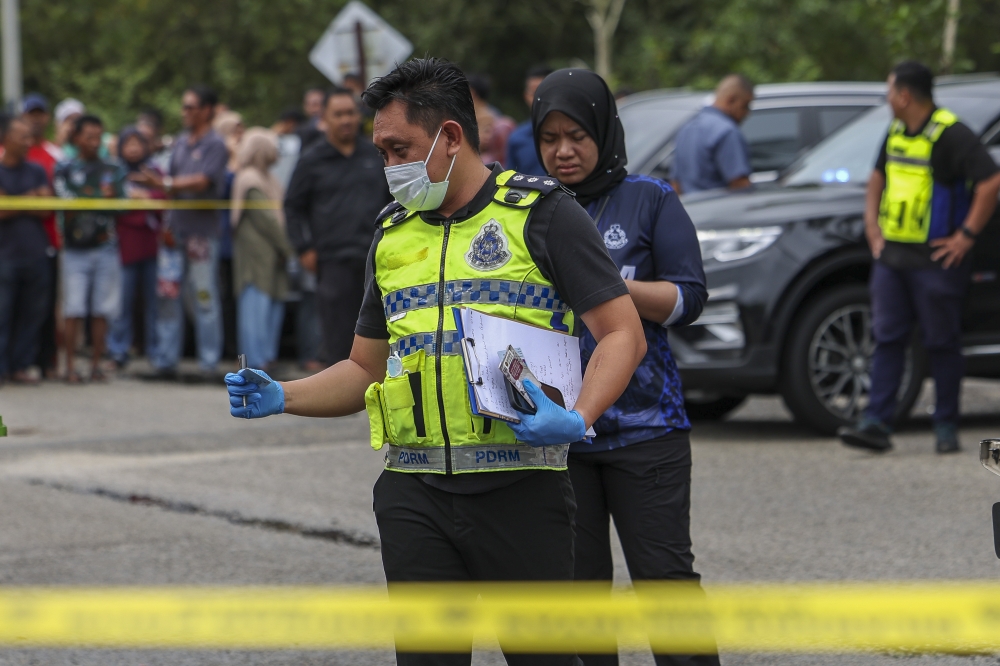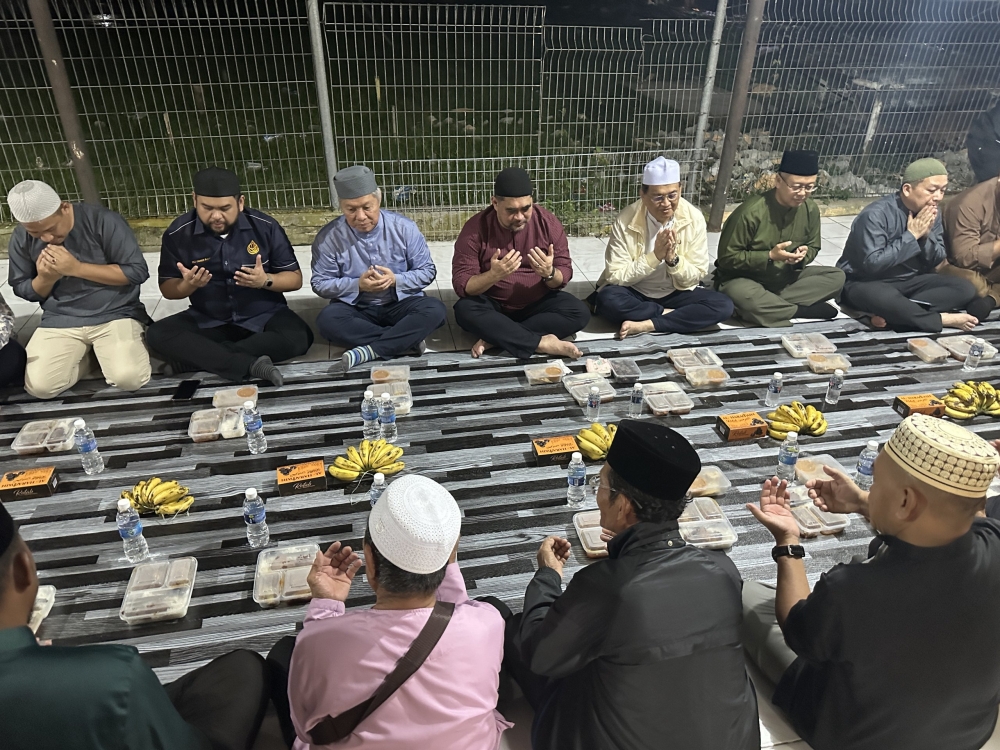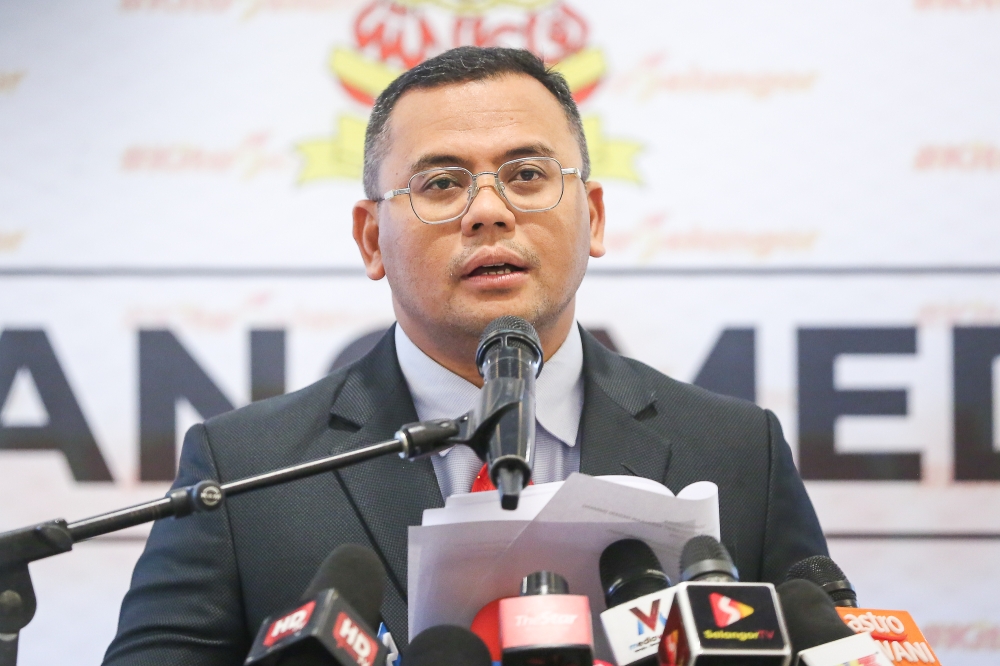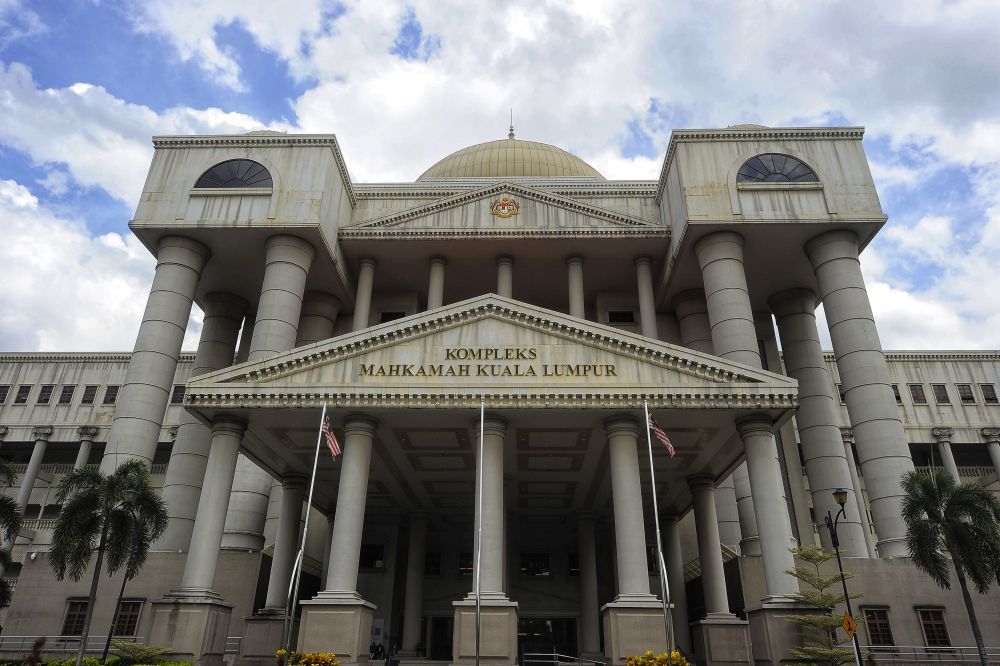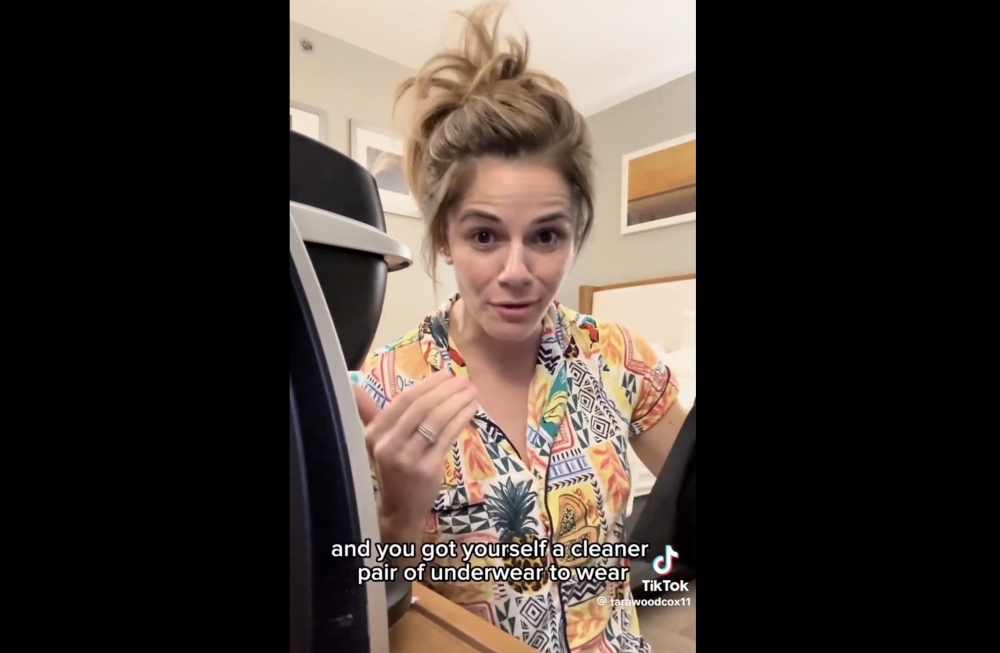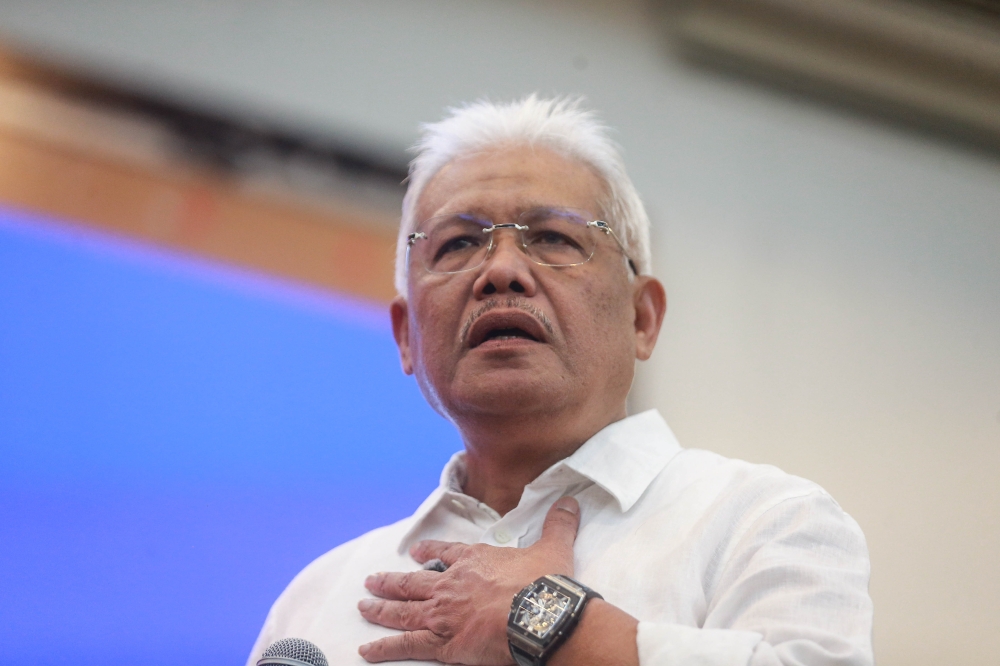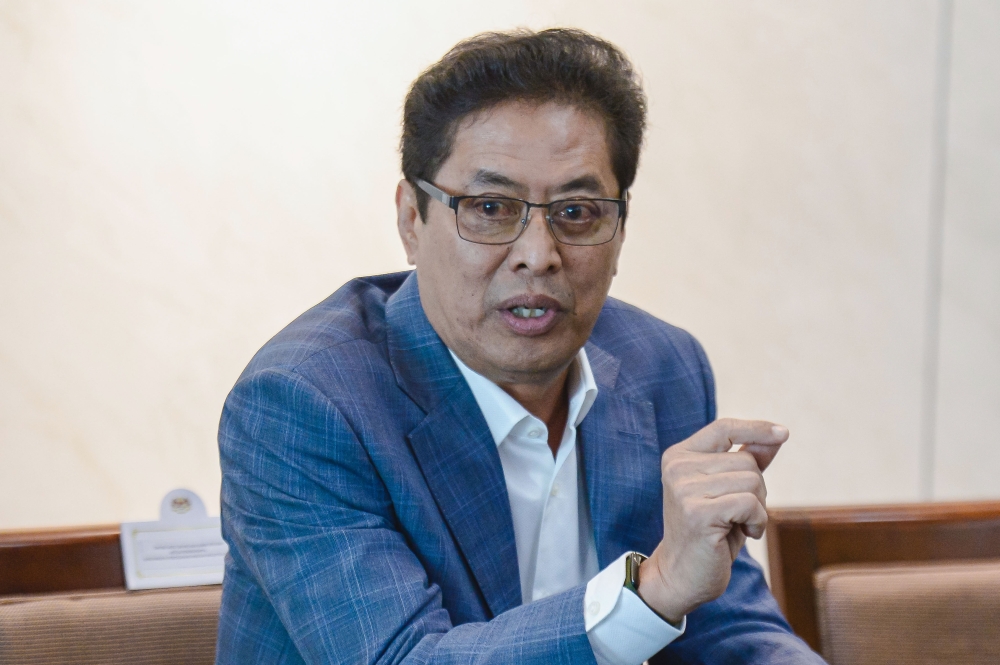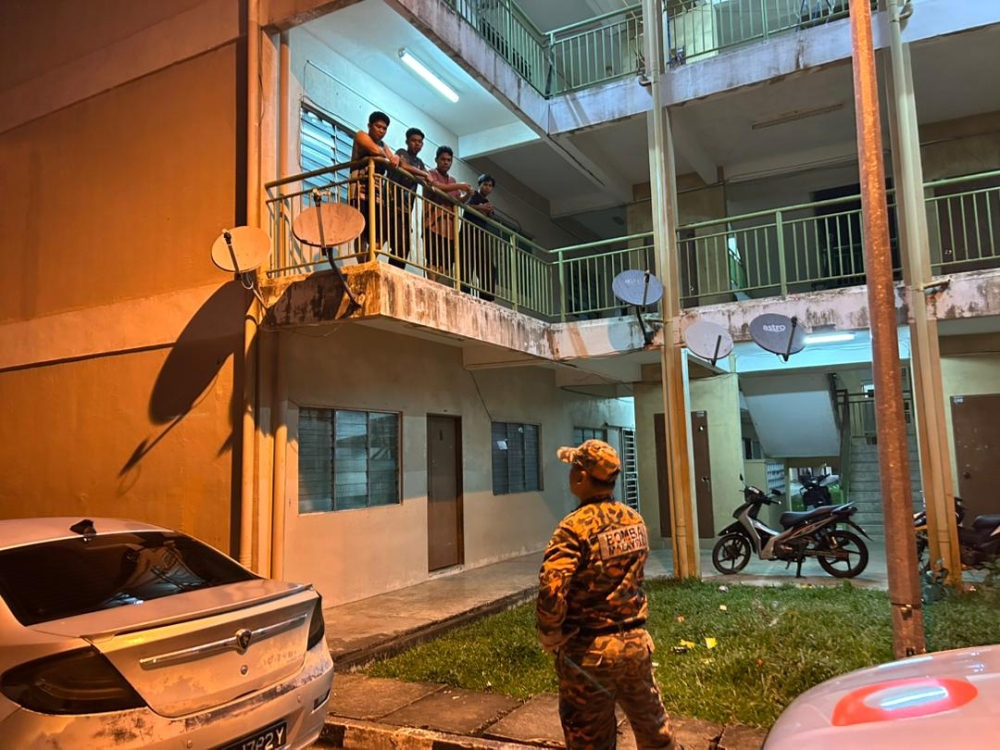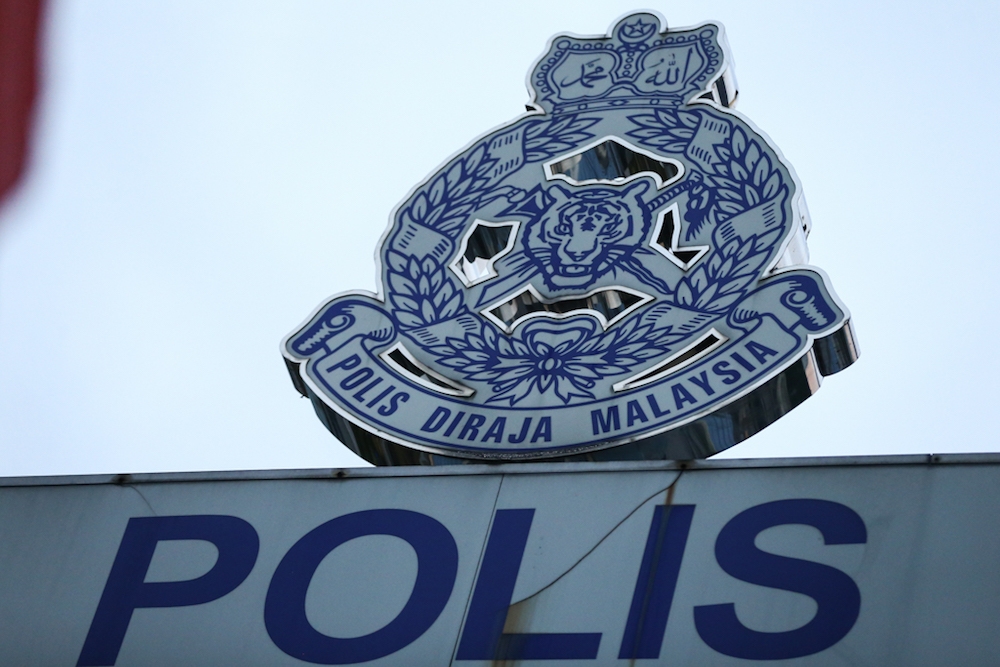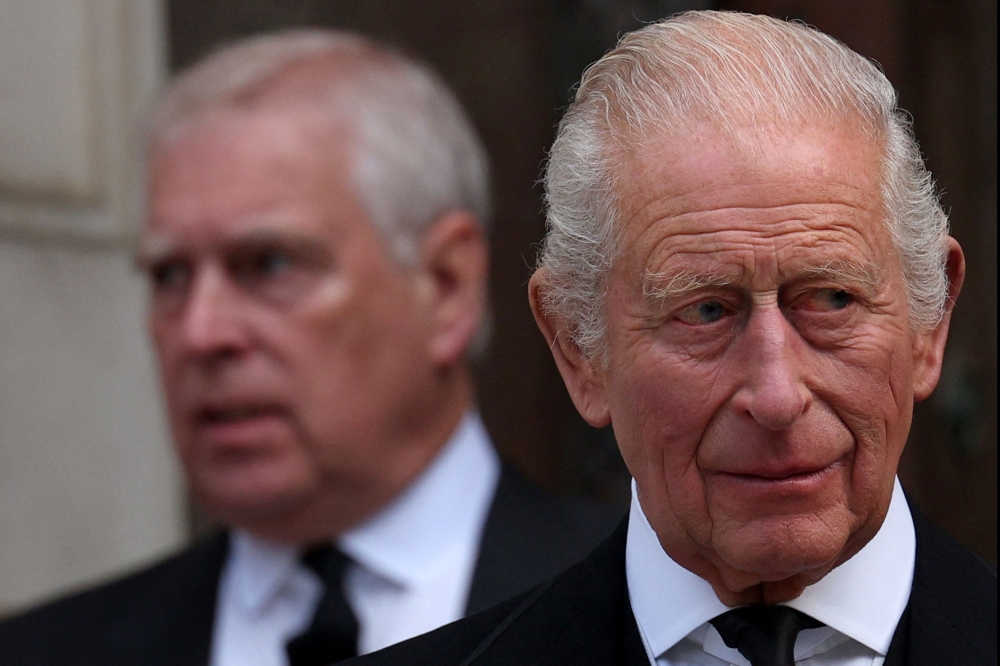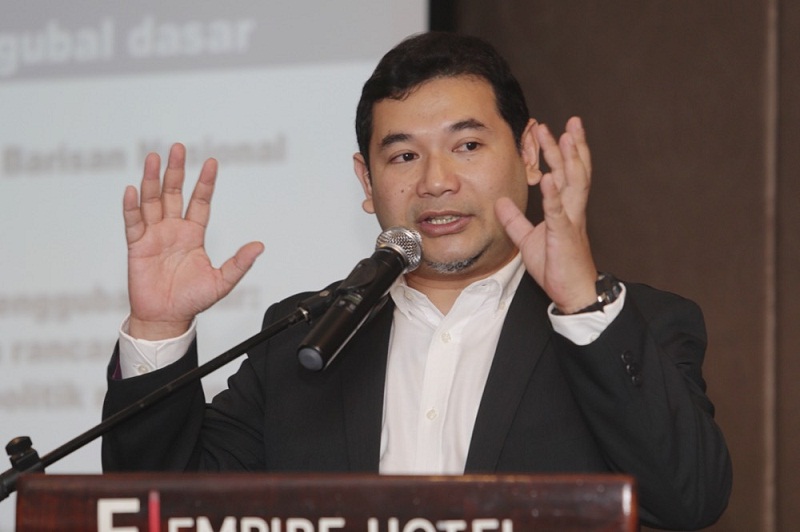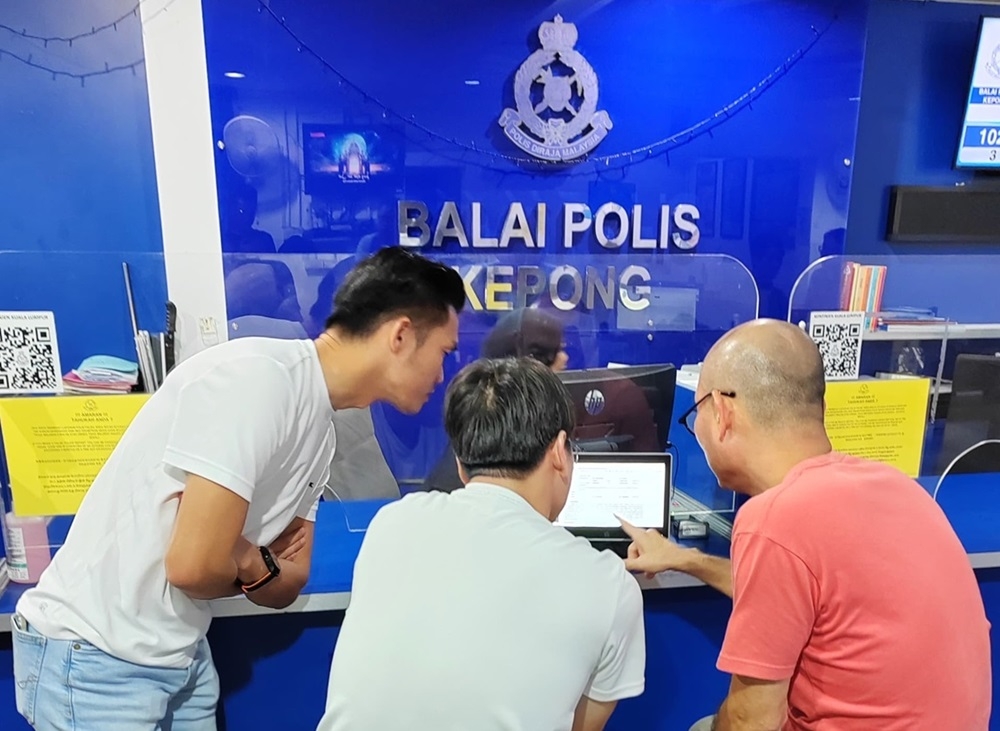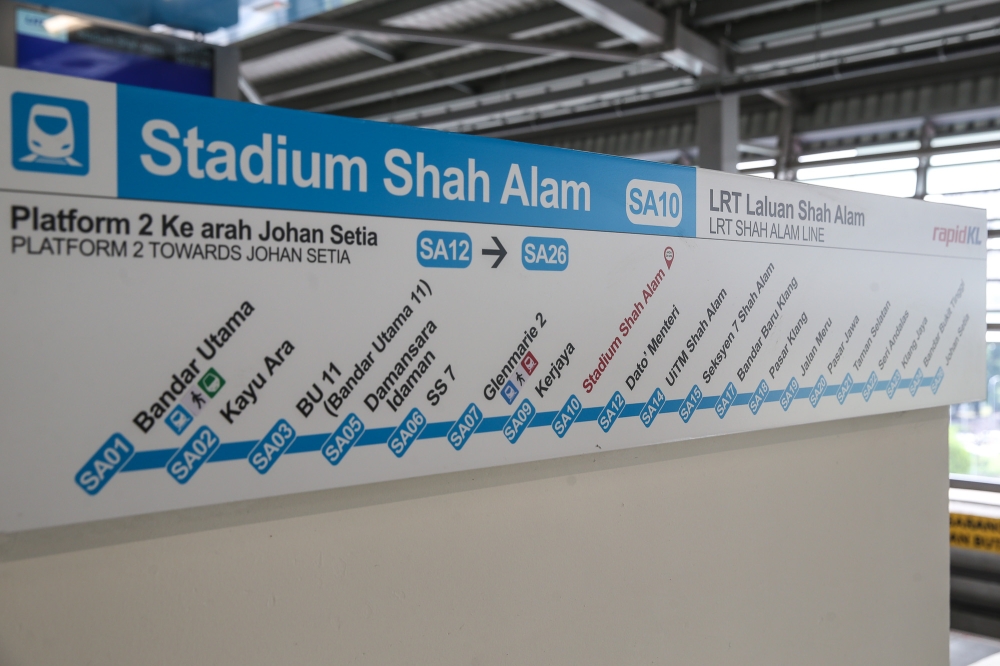SHAH ALAM, Dec 8 — PKR’s Rafizi Ramli today claimed that a prosecution witness testifying against him in a criminal case is motivated by both financial considerations and personal interests.
Rafizi, who was testifying in his own defence in a trial for alleged violation of banking secrecy laws, disputed the idea that he had given media consultant Yusof Abdul Alim a press statement and banking details of condominium purchases by companies linked to the National Feedlot Corporation’s (NFCorp) owner Datuk Seri Mohamad Salleh Ismail and family.
Rafizi said he did not prepare a press statement for a March 7, 2012 press conference on the property purchases, adding that he had only prepared written notes that were then made available only to his fellow PKR MPs Zuraida Kamaruddin and Nurul Izzah Anwar who attended the joint press conference.
“I didn’t distribute and I don’t know him. Even if I knew him, I wouldn’t distribute [to him] because he is paid by SP1,” the PKR vice-president told the Shah Alam Sessions Court, referring to Mohamad Salleh who was the first prosecution witness as SP1.
Rafizi said it did not make sense for him to have handed such documents to a person hired by Mohamad Salleh.
“It’s not reasonable that I give something to someone paid by SP1 to damage my credibility,” he added.
Rafizi disagreed that Yusof Abdul who is the fourth prosecution witness was not financially motivated in his court testimony, highlighting that the latter was “also operating several Twitter accounts as a cybertrooper that carried out personal attacks against me”.
Rafizi was today cross-examined by deputy public prosecutor Lailawati Ali, who had suggested that Yusof Abdul could have attended Rafizi’s 2012 press conference to get information directly from the “horse’s mouth” to pass on to his employer.
But Rafizi said only ethical journalists would be invited to his press conference and that it was unnecessary to hire someone to attend, noting that Mohamad Salleh would have been able to access information as Rafizi’s press conference would usually be recorded as a video put online by news portal Malaysiakini.
In a witness statement that was presented in court yesterday, Rafizi had said he did not know Yusof Abdul and could not confirm that the latter had attended the 2012 press conference, noting that all his press statements would have borne his signature.
He pointed out that Yusof Abdul had himself admitted that he did not receive the purported press statement from Rafizi, but an individual named “Mazda” that Rafizi said he did not know.
Rafizi noted that another prosecution witness had previously confirmed that Yusof Abdul’s original copy of P4 — the set of documents containing the purported press statement and attached pages on the banking details — is now lost.
“I have the right to doubt the validity of SP4’s claim that P4 came from my press conference as it is not only unsigned, but SP4 has the financial interest to say so although he is unable to show proof of where P4 was obtained or produce the original copy,” the Pandan MP said in his witness statement, referring to Yusof Abdul as SP4 and the documents as P4.
In the same witness statement, Rafizi claimed that Yusof Abdul would have the “interest to show I am guilty because if my credibility is successfully injured, it would help [Yusof Abdul’s] client SP1 to continue the NFC business with public funds that will allow SP1 to pay [Yusof Abdul] for his services”.
During cross-examination today, Rafizi also cast further doubt on the authenticity of the purported P4 document and whether scribbling on it matched what Rafizi had said during the press conference.
“I can’t remember because the whole press conference was recorded and broadcast on YouTube. I also cannot confirm if it was done during the press conference,” he said.
“Because I can still write it today because the recording is still available on YouTube,” he said, pointing out that anyone could claim to have done it during the 2012 press conference despite only jotting down notes today.
A mystery package
During trial today, Rafizi had also told lawyer Latheefa Koya that he had never met her client Johari Mohamad before the 2012 press conference, and that he had never received the purported banking details from Johari. Johari is the other accused in the same trial.
Rafizi told Lailawati that he had received information on the banking details through several sheets of paper in an envelope that was addressed to him and left on his office desk from unknown persons, noting that the usual method where whistleblowers gave him information was by hand or through emails from pseudonym email addresses such as [email protected].
Rafizi said that he would first determine if the information from anonymous whistleblowers were reasonable, before verifying it against public documents.
If public documents were unavailable in cases involving secrecy and abuse of public funds, Rafizi said he would then raise questions to allow those involved such as politicians to either deny or confirm, later stressing the importance of whether public interest was involved.
He disagreed that his questions raised were aimed at pressuring those involved to reply if he was unsuccessful in his checks, saying: “If it is not reasonable and the information has no public interest, I will not raise the issue at all. Out of 10 information given to me, generally I will only proceed with one.”
Rafizi said he had based his actions on his previous experience as an auditor in London, noting that the United Kingdom has a more relaxed attitude to the secrecy of information if it involves public interest.
“In Malaysia, according to my knowledge — when I did the press conference and until now — there has never been a case involving secrecy that was brought to the court over the conduct of asking public interest questions that refer to information given by whistleblowers that was considered reasonable as banking information.
“Therefore DPP, I am uncertain about the boundaries of the secrecy laws in this country about banking and I believe this case will set the precedent,” he said, referring to the deputy public prosecutor.
Sessions Court judge Zamri Bakar fixed December 13 for the next trial date, with Rafizi’s cross-examination set to resume then.
On August 1, 2012 Rafizi was charged with releasing confidential banking details on the National Feedlot Corporation Sdn Bhd, the National Meat and Livestock Sdn Bhd, the Agroscience Industries Sdn Bhd and Mohamad Salleh to Yusof Abdul and journalist Erle Martin Carvalho at the PKR headquarters during the March 7, 2012 press conference.
Rafizi was charged under Section 97(1) of the Banking and Financial Institutions Act (Bafia), while Johari was charged under Section 112(1)(c) of the same law for allegedly abetting Rafizi.
Both are liable upon conviction to a maximum three-year jail term or maximum RM3 million fine or both.
On October 25, the Shah Alam Sessions Court had ruled that the prosecution had proved a prima facie case against Rafizi and ordered him to enter his defence.


